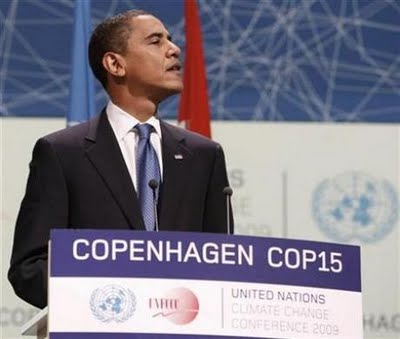I am reading
The Truth About Camp David: The Untold Story about the Collapse of the Middle East Peace Process by Clayton Swisher. This is a modern history of the events in the Clinton administration from 1999 to 2000 concerning US attempts to mediate peace between Israel and Syria and Israel and the Palestinians. The conventional wisdom and media reported that the collapse of each of these mediations was due to the intransigence of Hafez al-Asad, the leader of Syria, and Yassar Arafat, the leader of the Palestinian Authority. What Swisher portrays is something very different.
Swisher interviewed dozens of people on all sides of the mediation, including former Secretary of State Madeline Albright and other high level officials in the US, Syria, Israel, and in the Palestinian Authority. As the story unfolds, we begin to see that the fundamental problems were not the intransigence of Asad and Arafat. Instead, the problems were caused by the unskilled, unprepared, biased, and incompetent team of mediators fielded by the United States. Any experienced commercial or family mediator reading this book will cringe at the rookie mistakes made time after time by the U.S. mediators, including the sitting President of the United States. The ethical mediation principal of impartiality and neutrality was completely abandoned as we learn how Dennis Ross, the chief mediator on the US team, was grossly biased in favor of Israel. President Clinton, desperate for an opportunity to end his administration on a high note in the aftermath of the Monica Lewinsky affair, essentially misrepresented offers and counter-offers to the representatives of Syria and the Palestinian Authority in the hope that he could force a deal. The mediators misread the parties time after time, ignoring cues and emotional data that any reasonably competent mediator would have seen. The utter lack of transparency, authenticity, and integrity of the mediation process is breathtaking when one considers the stakes of the negotiation.
We are led to believe that the people in charge are mediating and negotiating international disputes, conflicts, and wars because they are the best, the brightest, the most experienced, and the most knowledgeable.
The Truth About Camp David is a chilling wake-up call that when those in power have little professional expertise, knowledge, or experience in mediating deep and intractable conflicts, bad things happen. This is a great book of how not to conduct any mediation and especially how not to mediate deep, serious, and difficult international conflicts.
As the Obama Administration again attempts to mediate peace between Israel, Syria, Lebanon, and the Palestinian Authority, let us hope that it brings in skilled, experienced, competent mediators and not political hacks or diplomats using 18th century techniques and processes. What is needed is a modern mediation and negotiation approach based on best practices. Otherwise peace will be unattainable.
Labels: authority, final status, international, israel, lebanon, mediation, mediator, middle east, negotiation, negotiations, palestinian, peace process, settlements, States, syria, United, US

